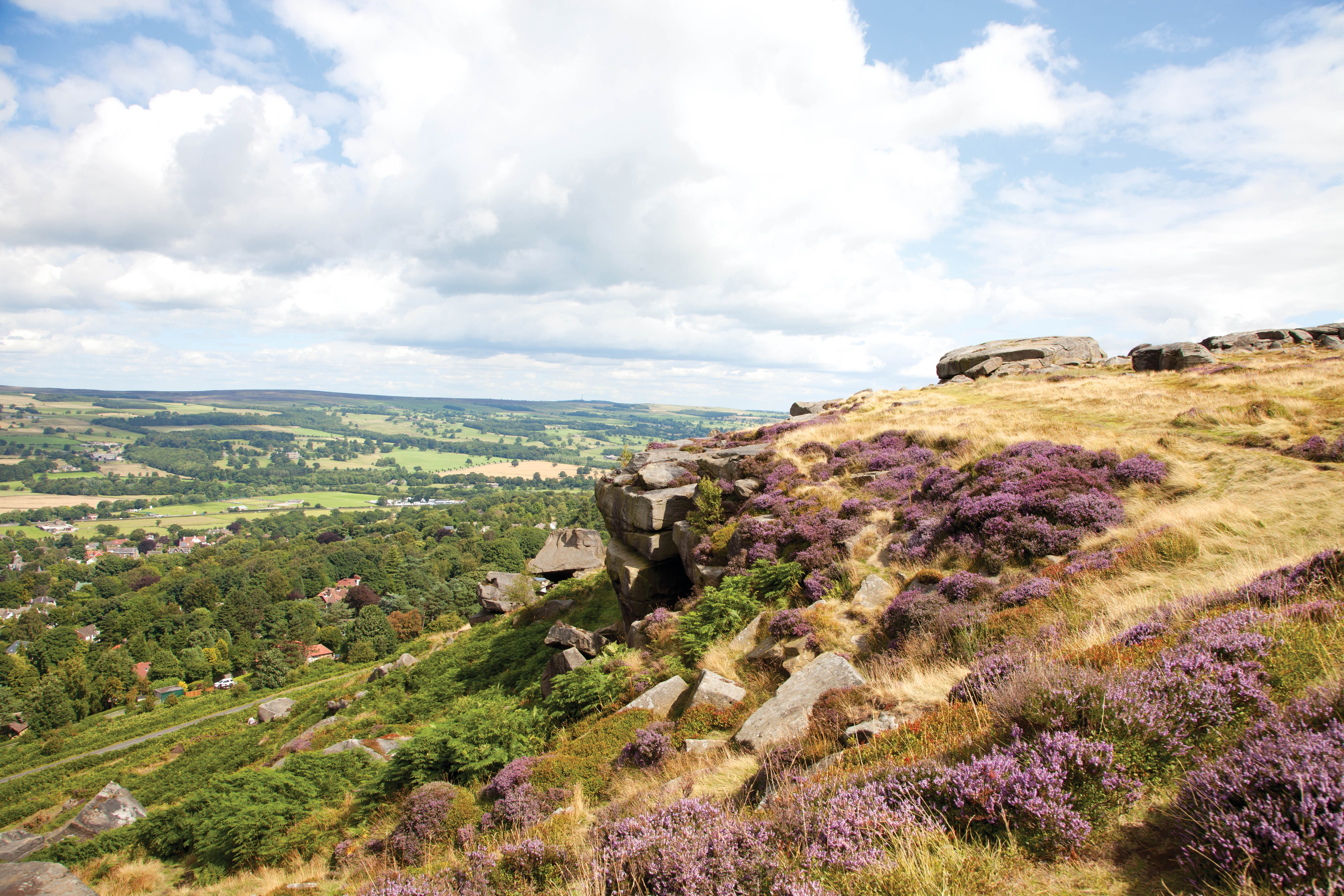As time has passed, it is fair to say that attitudes to death and funerals have changed. Customs and expectations have evolved and the Trade has adapted to meet families changing needs. Today, the hot topic is the environment, a realisation that planet earth is our home; it does not have infinite resources and that we share it with other species who also share the same rights as ourselves.
Governmental reviews advocate many changes. One must ask how this is motivated. It is easy to be critical of what exists and for the Trade to resist criticism in fear of the consequences. However, the positives are already here to see. The shift in child’s funeral funding and understanding that payments need to be on-hand to those who are in need without delay, demonstrating the Government’s desire to do the right thing.
In my opinion, the Funeral Trade should consider concessions. Fairness to families is paramount and we know the psychological state of the bereaved has to be considered. They are not always in a position to compare prices or shop around and question decisions. The Funeral Trade as an entity treading a thin line between enterprise and care. It is conversely true that either an expensive or inexpensive funeral may not offer value. A funeral which meets the families needs will determine its value, not just the dignified disposal of the deceased.
Value is a complex matrix. It is the job of a funeral director to present choices rather than packages. What is important to one family is not to another. On my visits to many funeral homes, I have witnessed the varying needs and customs. My own part is to facilitate coffin choice, from a simple wooden coffin to an elaborate gold casket. I personally have always advocated environmental best practice, but given the tiny footprint a funeral has when compared to other life events, the environmental agenda risks been highjacked by those who are trying to push new innovations into our trade. They do so wrapping their marketing material with “green” wash and often with unsubstantiated statements. As the trade is changing, I suggest the Funeral Trade needs to be on guard. Give careful consideration to avoid mistaken policies, as these will surely be unravelled in the long term as mistaken.
Agreeing commercials will fall into place, the environment needs a different approach. One such method is to use a Life Cycle Analysis. This is a “cradle to grave” analysis taking into account key environmental information to quantify a products environmental cost related to climate change – an agreed key concern expressed as its carbon footprint.
In 2007, JC Atkinson conducted such a study into its own products and other available materials to ensure the chipboard veneered coffin was best choice. It also looked at the funeral overall and as a result captured quite a lot of information regarding cremation. Recently an article published by the Guardian stated the output from cremation was 400kg of Co2. According to our own recently updated research this year, conducted independently by Professor Rob Holdway from Giraffe Innovation Ltd, the actual figure is less than half. This is important as the Guardian article in a credible newspaper with significant reputation also features Resommation. However, it failed to state any value, so I have challenged this and await a reply.
This illustrates how the Funeral Trade, the supplier (be it coffins, or cremation equipment should have accurate information to hand, so that correct decisions and recommendations can be made.
I expect that, given the CMA enquiry specifically mentions coffins, eco-coffins and product descriptions, this will be a consideration.
By Julian Atkinson



